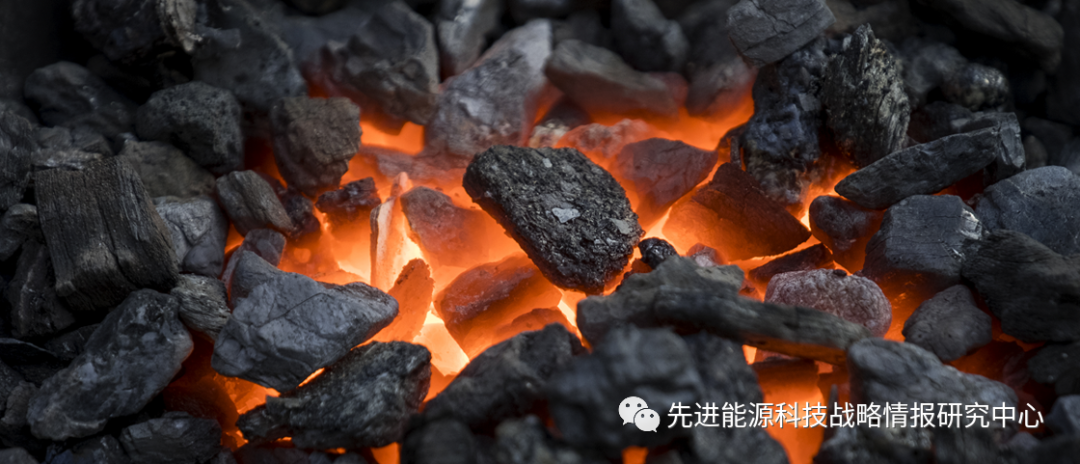Time:2020-05-20 Reading:18024

The U.S. Department of Energy (DOE) recently announced a $14 million
grant under the "Advanced Coal Chemical Technology" theme to support
the research and development of advanced coal chemical technologies. The aim is
to develop high-performance, low-cost technologies for converting coal-based
raw materials into high-value materials. The current funding will focus on five
major technical areas, as follows:
1. Technologies to Convert Coal-Based Raw Materials and their
Derivatives into Building Materials
Develop new coal processing and conversion technologies that use civilian
coal or related by-products (coal powder, coal tar, coke, etc.) as raw
materials, efficiently transforming them into building materials (such as roof
tiles, insulation materials, ceramic tiles, etc.) and then validating and
promoting their application.
2. Technologies to Convert Coal-Based Raw Materials into Infrastructure
Component Materials
Develop new coal processing and conversion technologies that use coal as
raw material, efficiently transforming it into various infrastructure component
materials (such as components for sewers and tunnels, components for wastewater
or solid waste treatment facilities, road and bridge components, etc.) and then
validating and promoting their application.
3. Technologies to Convert Coal into High-Value Carbon-Based Materials
Develop new coal processing and conversion technologies that use coal as
a raw material, efficiently converting it into solid carbon-based materials
with specific physical and chemical properties (such as high conductivity, high
mechanical flexibility). Examples of these high-value materials include
conductive inks, reinforced textiles, battery electrodes, and super-capacitor materials.
4. Coal-to-Carbon Foam Conversion Technology
Develop technologies that efficiently transform civilian coal or related
by-products (coal powder, coal tar, coke, etc.) into various high-value
carbon-based foam materials. Due to the advantages of these materials, such as
low density, high mechanical flexibility, and good electrical and thermal conductivity,
they can be widely applied in areas like thermal management of spacecraft and
thermal protection.
5. Design and Development of Carbon-Based Building Materials
Develop technologies to construct carbon-based building prototypes using
novel carbon-based building materials that have excellent mechanical, thermal,
and electrical properties. Evaluate whether the materials maintain their good
physical and chemical properties when integrated into the overall building and
validate the feasibility of the technology.
The original article is from the WeChat public account "Advanced
Energy Technology Strategic Intelligence Research Center".